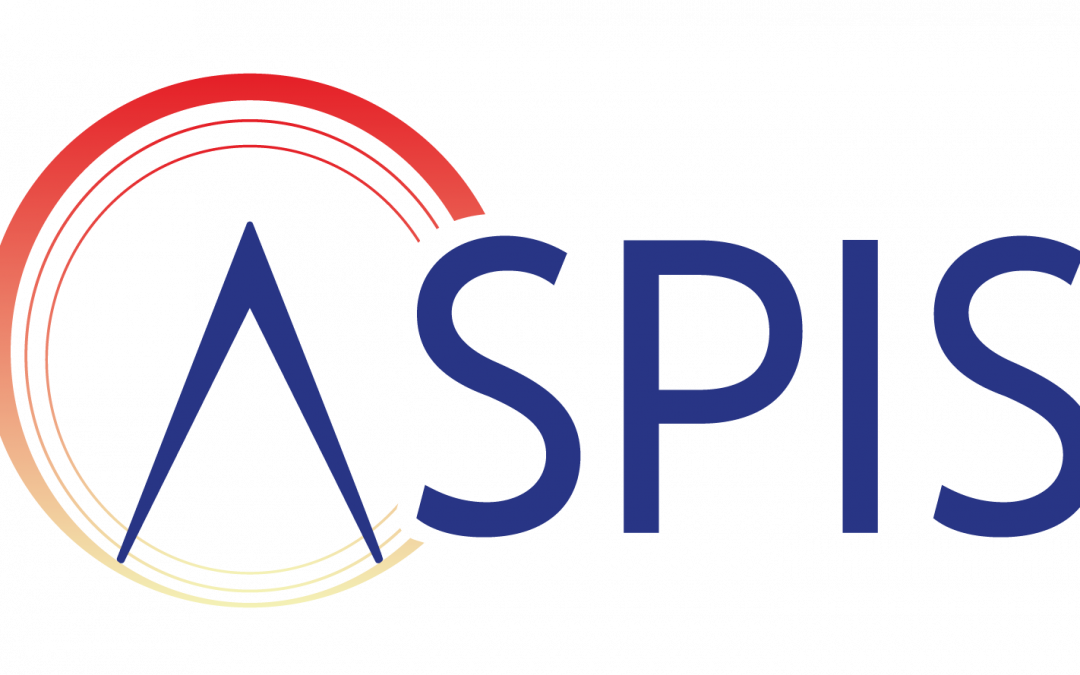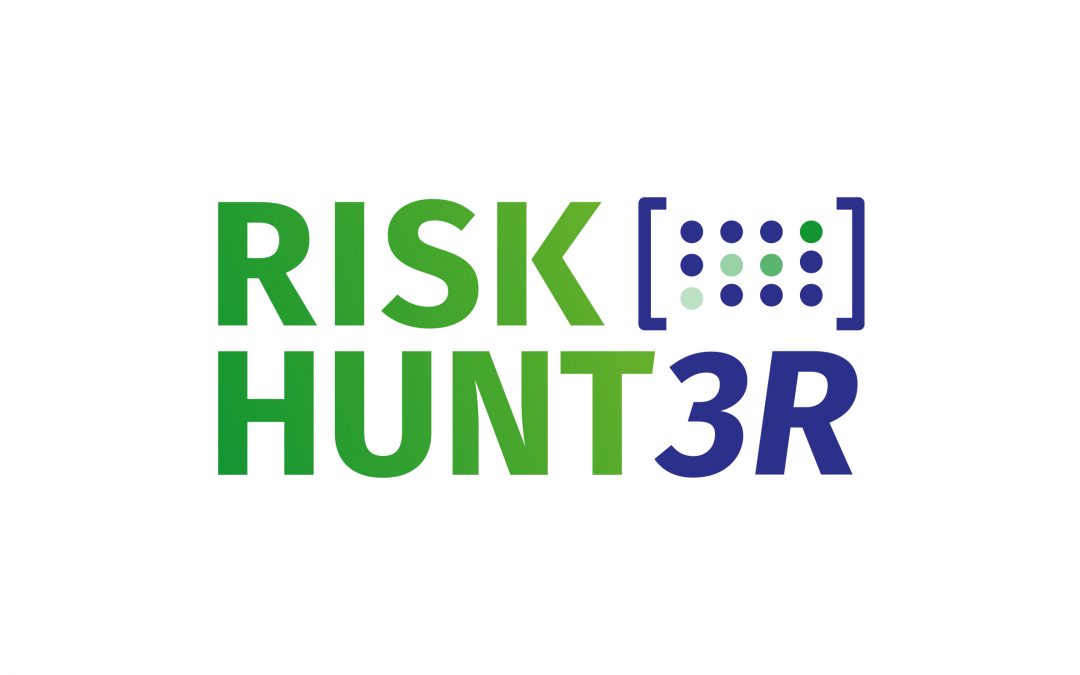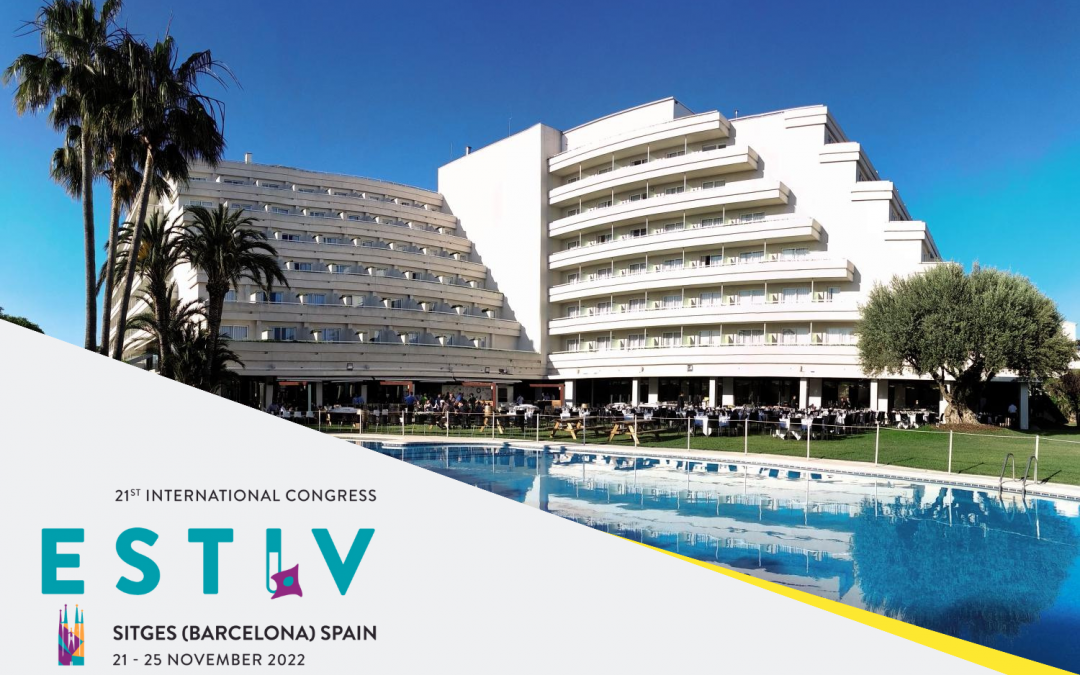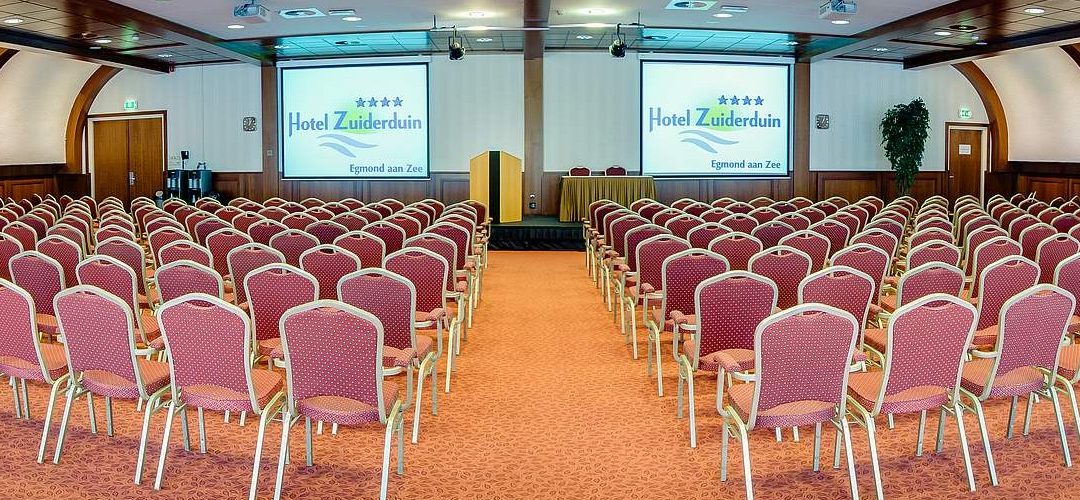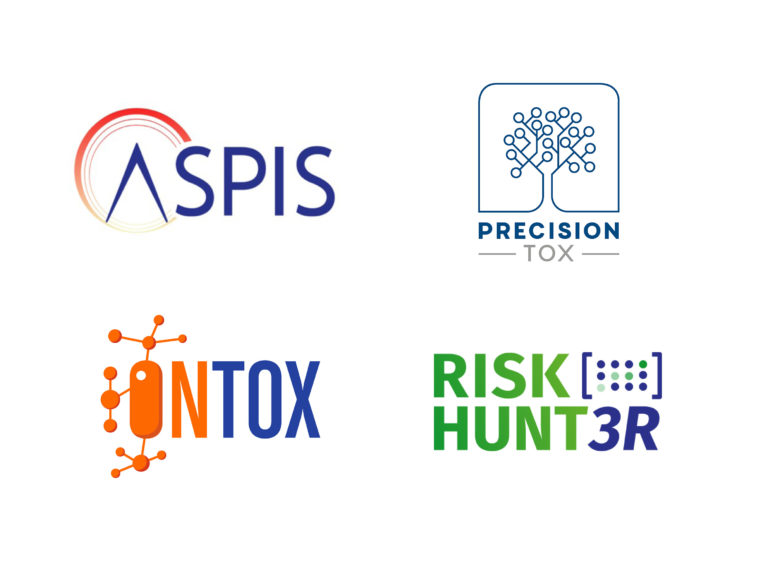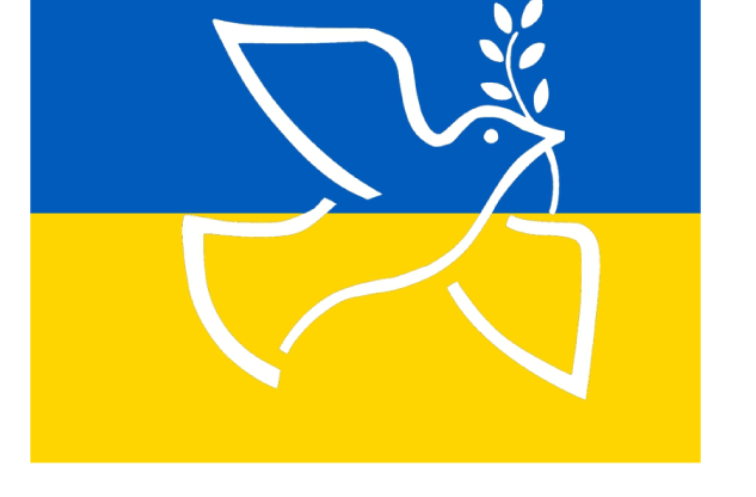Working towards the ambition to achieve a “toxic-free” environment by 2050, the European Commission is currently hosting a public consultation on the revision of the Regulation on the Registration, Evaluation, Authorisation and Restriction of Chemicals (REACH Regulation). Stakeholders and citizens have until 15 April 2022 to provide their inputs on how to better protect health and the environment from harmful substances while reducing animal testing.
However, several NGOs and industries have gravely criticized the multiple-choice survey distributed by the Commission, arguing that its questions are biased in ways suggesting that reducing and replacing traditional animal testing with New Approach Methodologies (NAMs) will weaken protection from chemical hazards while hampering the competitiveness of the EU industry.
The language of the survey is misleading because it contradicts the tremendous scientific progress in a wide range of fields developing and using NAMs for precision medicine and safety sciences. These methods include: in silico (computer-based modeling) methodologies; robust in vitro test methods, such as human cell line cultures, fresh leftover human surgical material, stem cell technology-derived test methods, micro-physiological systems involving multicellular organoids and organ-on-a-chip, and alternative model species; genomics, transcriptomics and metabolomics technologies; and Artificial Intelligence analysis strategies. Several NAM-based approaches have been successfully validated and implemented in regulatory frameworks worldwide and are used in sophisticated testing strategies outperforming the traditional in vivo approaches.
The wording of the questionnaire can potentially damage the very confidence and trust that the industry and research communities need to further support the development and uptake of NAMs by the private sector towards a new market for chemical safety testing and the design of safer chemicals that can maintain Europe’s leading position worldwide.
With the financial support of the EU H2020 programme, our three consortia – ONTOX, PrecisionTox and RISK-HUNT3R – collaborate to build confidence in NAMs to improve chemical safety assessment while striving to reduce, refine and replace (the 3Rs) animal testing. The name of our cluster, “ASPIS” refers to a revolutionary Ancient Greek defensive tool designed to better protect against opposing forces by joining together our defenses. NAMs are important tools that are improving chemical safety assessment to better ensure human and environmental health.
We are committed to support the Commission’s ambition for a toxic-free environment with our research and innovation towards precision toxicology for enhancing the protection of humans and the environment by developing NAMs as essential and valuable tools for EU and international regulatory bodies to close the knowledge gaps in chemical safety assessment.
On behalf of the ASPIS CLUSTER:
- For PrecisionTox, Prof. John Colbourne (University of Birmingham) Grant agreement ID: 965406
- For ONTOX, Prof. Mathieu Vinken (Vrije Universiteit Brussels) Grant agreement ID: 963845
- For RISK-HUNT3R, Prof.Dr. Bob van de Water (Leiden University) Grant agreement ID: 964537
